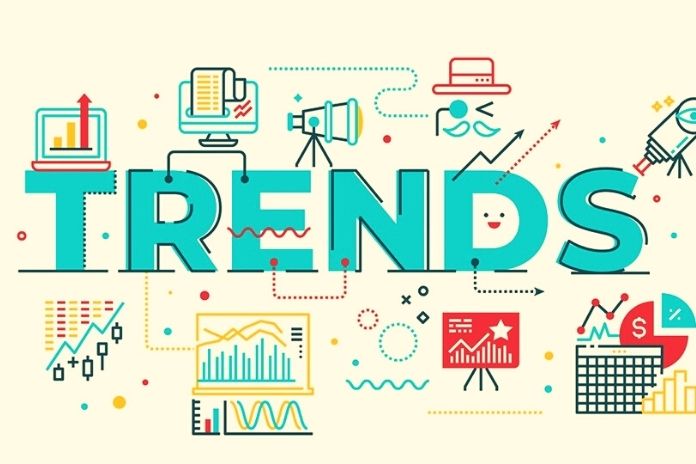Digital Trends: Technologies are evolving rapidly and raise many questions. However, existing legal systems and consultations, do not yet have the answers to many of them. Therefore, I would like to highlight three digital trends that we should all have on our screens.
From artificial intelligence to copyright: digital technologies are changing our everyday lives in all areas. But we, neither legal experts nor citizens, are not yet prepared for this in many aspects.
We should keep an eye on the following three digital trends because their effects affect us all.
Digital Trends: AI And Contracts
Checking and drafting contracts is certainly one of the main tasks of the legal advisory profession. However, the question arises whether this will also be the case in the future.
After all, a good contract is based on implementing the client’s wishes: internally in formulations that are as legally secure as possible, which must be resilient if the parties get into a dispute.
Lawyers are therefore good at drafting contracts if they recognize the client’s unspoken concerns concerning a contractual situation and can offer appropriate formulations for them.
And lawyers do a good job in contract review when they recognize the risks and situations that the client is not yet thinking of when the assessment is carried out.
The more experience and understanding of contractual situations lawyers have paired with a lot of creativity, the better they can fulfil their assigned tasks.
However, it will be easy to feed the software in as many situations as possible. It can compare the existing regulations in a draft contract or find the appropriate formulations for them.
And if you then think further, the appropriate software will be able to develop situations for which regulations must be in place. Even with many years of professional experience, lawyers cannot imagine situations that lawyers cannot imagine.
But if one of the main activities of lawyers can be performed by software, what activity is left for the lawyers who specialize in it?
Digital Trends: The Digital Legal Personality
What defines a personality in the digital age? Do you act yourself, react to consequences, make decisions based on certain parameters, process transactions such as orders and payments? Based on this, the result will be that we need another person in the legal system in addition to the natural and legal person.
Let’s think this through for a moment. We have software that does something for us. Because it is easy to imagine, we think of a delivery robot from a parcel service. This independently delivers parcels in a large city. To do this, he takes all actions autonomously, from picking up the deliveries to looking for the best route to the town to the addressee to handling any fees that may arise.
Over time, the software learns to perform the required actions better and better. One day, however, an accident occurs during delivery on a new route that the software has recognized as a shortcut to the transport route, in which the delivery is damaged. Who is now liable for the damage incurred?
One can, of course, be premature to say that the actions of the software are based on data that the software was previously supplied with. And the data-based decisions that are made are based on algorithms that someone has specified. But isn’t this comparable to a human being?
This starts with a certain “data set”, which is then expanded and enlarged over time through learning and collecting experience. So what the software does in the example above. So if you draw this parallel, it quickly becomes clear that the consequent step towards your personality is no longer far. And that’s the digital personality.
How do you deal with this, however, and how does it fit into our legal system?
Digital Trends: AI As An Inventor:
If you now think about digital personalities, there is another question connected. Who is the owner: of “inventions”, particularly of rights to them?
You have to imagine the situation here too. The software creates something new, for example, a picture or a piece of music. However, this is not done as before, based on an existing data record. Rather, the software has learned and interpreted the data itself, thus creating something new.
The question then immediately arises who is the author: in. Because according to German law, copyright arises with creation, in the person who produced the work. It is similar to a patent. For a European patent application, the inventor must be a natural person, i.e. a human being.
But doesn’t the software do exactly what a person does by reinterpreting data based on specially developed processes? Isn’t it only logical if software, an artificial intelligence, can also be an inventor?
Conclusion: We Have To Adapt Systems Now
The current legal systems in the world are based on clear regulations. These are tried and tested and ensure legal certainty. However, the increasing spread of software will mean that the existing systems will no longer be sufficient.
ALSO READ: This Is How The Automotive Industry Benefits From Augmented Reality

